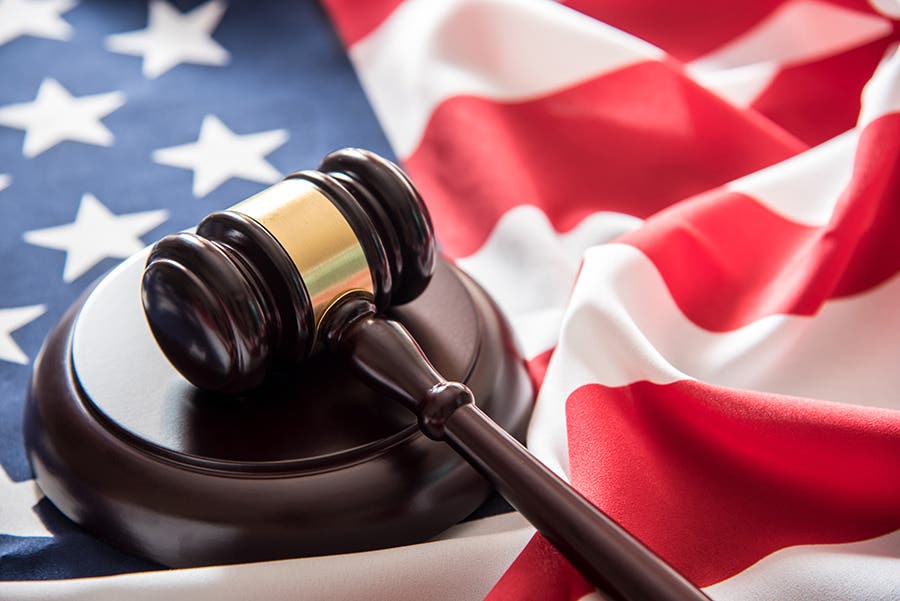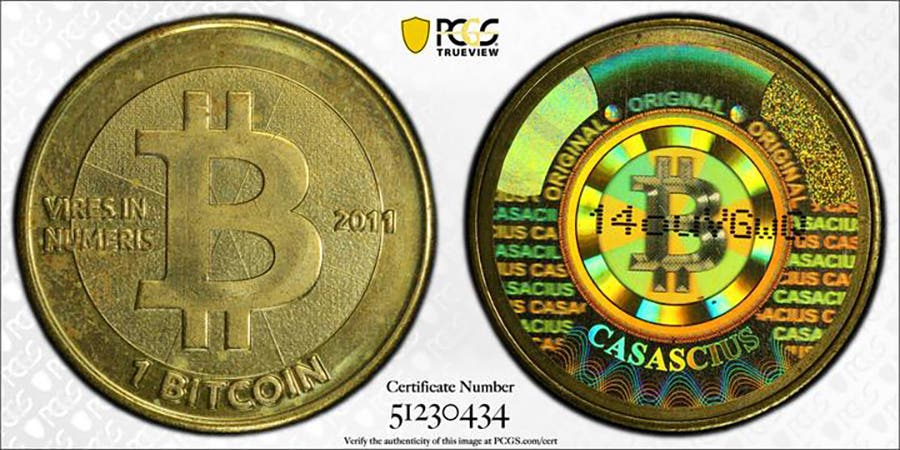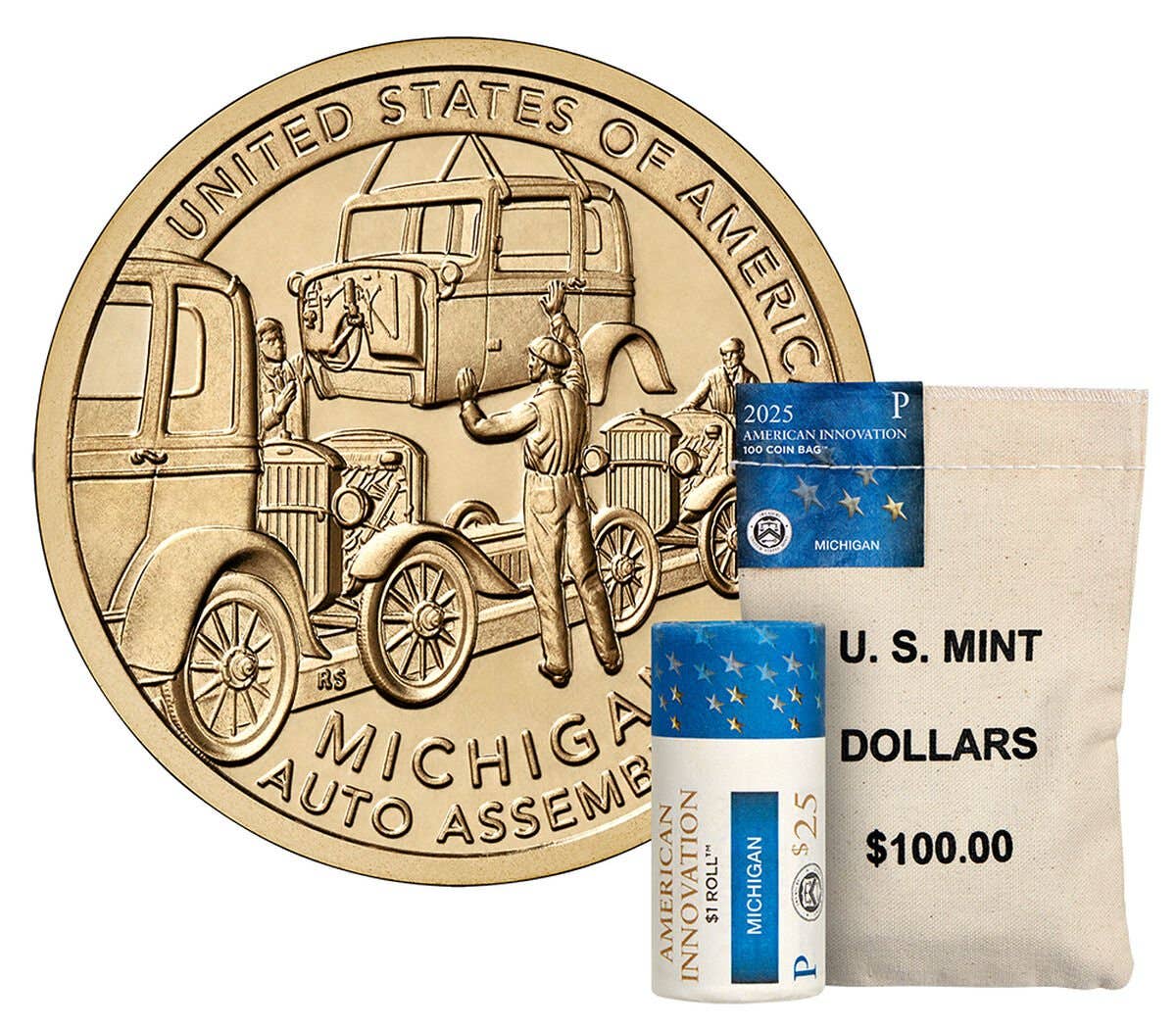Is Your Coin/Bullion Sales Tax Exemption in Jeopardy?
Currently, five states have no statewide sales tax (Alaska, Delaware, Montana, New Hampshire, and Oregon), and 38 other states have adopted partial or complete sales tax exemptions on retail sales of precious metals, bullion, coins, and currency.
As I type this on Wednesday this week, there are five states that have no statewide sales tax (Alaska, Delaware, Montana, New Hampshire, and Oregon) and 38 other states that have adopted partial or complete sales tax exemptions on retail sales of precious metals bullion, coins and currency, and Nevada, whereby regulation there is no sales tax on retail sales of precious metals bullion and any legal tender coins that sell for less than 50 percent above face value.
Kentucky
This week, on Thursday, Aug. 1, the state of Kentucky was to begin a full sales and use tax exemption on the retail sales of precious metals bullion, coins, and currency. It is uncertain whether this will or will not take effect.
When the stand-alone bill for this exemption was introduced into the Kentucky legislature this session, the bill’s sponsor arranged for it to have a better chance of passing by having the language amended onto the annual revenue bill. House Bill 8 eventually passed both chambers of the legislature and was sent to the governor for signature into law. Kentucky governor Beshear put a line-item veto on two provisions of this bill, one of which was the bullion/coin/currency sales tax exemption, then signed the rest into law.
However, leadership in the legislature relied upon a previous legal interpretation by a previous Kentucky attorney general that stated the governor only had line-item veto authority on appropriation bills, which did not extend to House Bill 8, a revenue bill. The current Kentucky attorney general, Russell Coleman, concurred with this interpretation. The Kentucky General Assembly then directed the secretary of state to enroll all provisions of House Bill 8 into law.
Governor Beshear’s office has disputed this enrollment into law of this exemption. He has directed the Kentucky Department of Revenue to continue collecting sales taxes on bullion, coins, and currency.
The Kentucky General Assembly plans to challenge the governor’s veto. However, the Kentucky Senate’s general counsel says that the state’s coin dealers may want to continue collecting sales tax on bullion/coin/currency sales for now to avoid problems with the Department of Revenue.
The current legal quandary leaves Kentucky coin and precious metals dealers in a dilemma. If they charge sales tax, they will probably lose sales to dealers in all of the neighboring states, which do have complete or partial sales tax exemptions. If they do make sales and collect sales taxes, the dealers may be subject to lawsuits for overcharging.
Just because a state may adopt a bullion/coin/currency complete or partial sales tax exemption at one point does not mean that it will never be revoked. In the past, exemptions have been revoked or suspended in Florida, Colorado, Ohio, and Louisiana. There have been proposals in other states over the years to revoke such exemptions, including Michigan, Minnesota, Nebraska, Pennsylvania, South Carolina, and the state of Washington. In Nevada, where the exemption was made by a regulatory pronouncement, it could be canceled at a moment’s notice without any involvement by the legislature.
Nebraska and Washington
Currently, there are two other states where existing exemptions could again be in jeopardy. Nebraska governor Pillen called that state’s unicameral legislature back for a special session to consider LB1, which would grant property tax relief through, at least in part, revoking existing sales tax exemptions.
The Nebraska Revenue Committee held a hearing on this bill on July 30. Governor Pillen, in testifying for the bill, stated that no existing Nebraska sales tax exemption would be revoked if all of the surrounding states had the same exemption (where all states bordering the state do have such an exemption). Two coin dealers also testified at the hearing to defend the bullion/coin exemption. The National Coin & Bullion Association (NCBA) submitted written testimony in defense of this exemption. While the prospects for keeping this sales tax exemption are hopeful, nothing is being taken for granted.
In the state of Washington, each sales tax exemption is to be reviewed every 10 years. The Joint Legislative Audit & Review Committee recently reviewed Washington’s 1985 coin and bullion sales tax exemption and the later exemption from paying Business 7 Occupation Tax. It reported to that legislature that the state and local governments were losing about $28 million annually in tax collections because of these two exemptions. To those of us who have studied tax collections on bullion and coin sales, this figure is almost certainly many times too high. Still, it is a high enough total that some legislators may consider a proposal to revoke this exemption. The NCBA is preparing a written document to defend these exemptions before the Sept. 17 legislative hearing.
The achievement of bullion/coin/currency exemptions in almost every state does not mean the need for political scrutiny is over. There is a continuing need to watch for actions that could eliminate such exemptions in almost any state with little forewarning. This vigilance costs money. Thus far, every effort to revoke or suspend such sales tax exemptions has either been prevented or was eventually regained.
The more states that have bullion/coin/currency sales tax exemptions, the easier it becomes to advocate for even more states to do likewise and to protect existing exemptions from revocation or suspension.
Even dealers in states with no statewide sales taxes need to invest in protecting bullion/coin/currency exemptions everywhere by joining and supporting the National Coin & Bullion Association. Note: I am the unpaid volunteer Industry Issues Advisor to the National Coin & Bullion Association, particularly focused on state sales and use tax issues.
Answer to the Previous Trivia Question
Last week, I asked: For which bank did the U.S. government issue the greatest face value of National Currency?
That honor goes to Chase National Bank of the City of New York in the state of New York. Its charter number was 2370. The total issue with this bank’s name exceeded $134 million. Today, this bank is known as JPMorgan Chase, the largest U.S. bank in total assets.
This Week’s Trivia Question
Which foreign country’s founding president was born in Virginia? Come back next week for the answer.
Patrick A. Heller was honored as a 2019 FUN Numismatic Ambassador. He is also the recipient of the American Numismatic Association 2018 Glenn Smedley Memorial Service Award, 2017 Exemplary Service Award, 2012 Harry Forman National Dealer of the Year Award, and 2008 Presidential Award. Over the years, he has also been honored by the Numismatic Literary Guild (including twice in 2020), the Professional Numismatists Guild, the Industry Council for Tangible Assets, and the Michigan State Numismatic Society. He is the communications officer of Liberty Coin Service in Lansing, Mich., and writes “Liberty’s Outlook,” a monthly newsletter on rare coins and precious metals subjects. Past newsletter issues can be viewed at www.libertycoinservice.com. Some of his radio commentaries titled “Things You ‘Know’ That Just Aren’t So,” and “Important News You Need To Know” can be heard at 8:45 a.m. Wednesday and Friday mornings on 1320-AM WILS in Lansing (which streams live and becomes part of the audio archives posted at www.1320wils.com).
You may also like:








